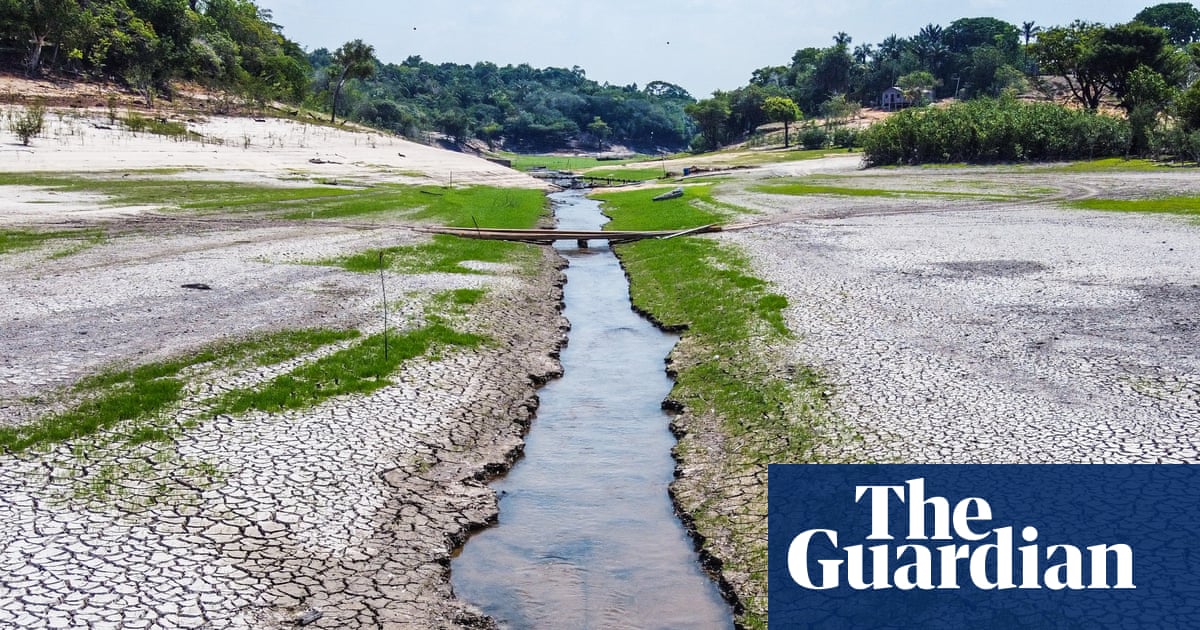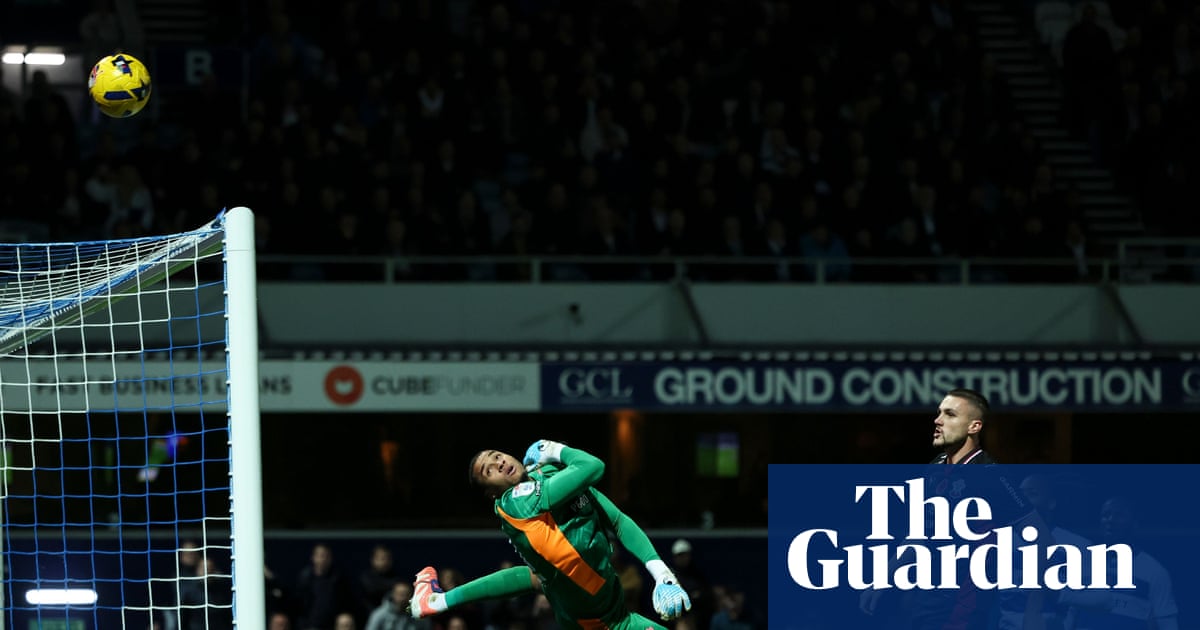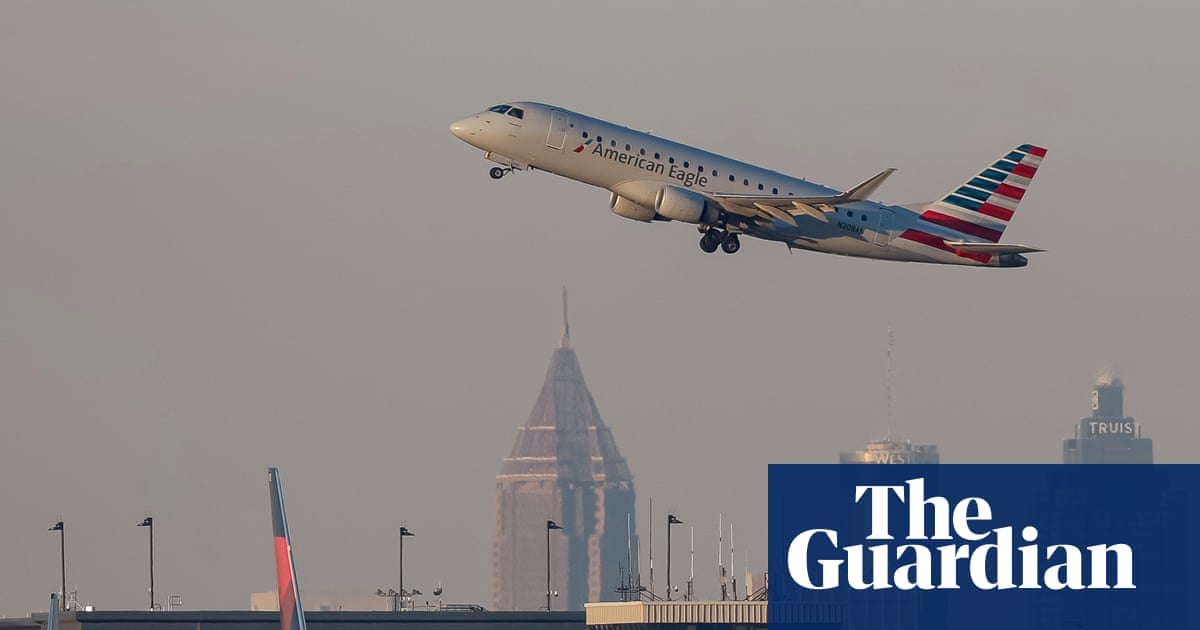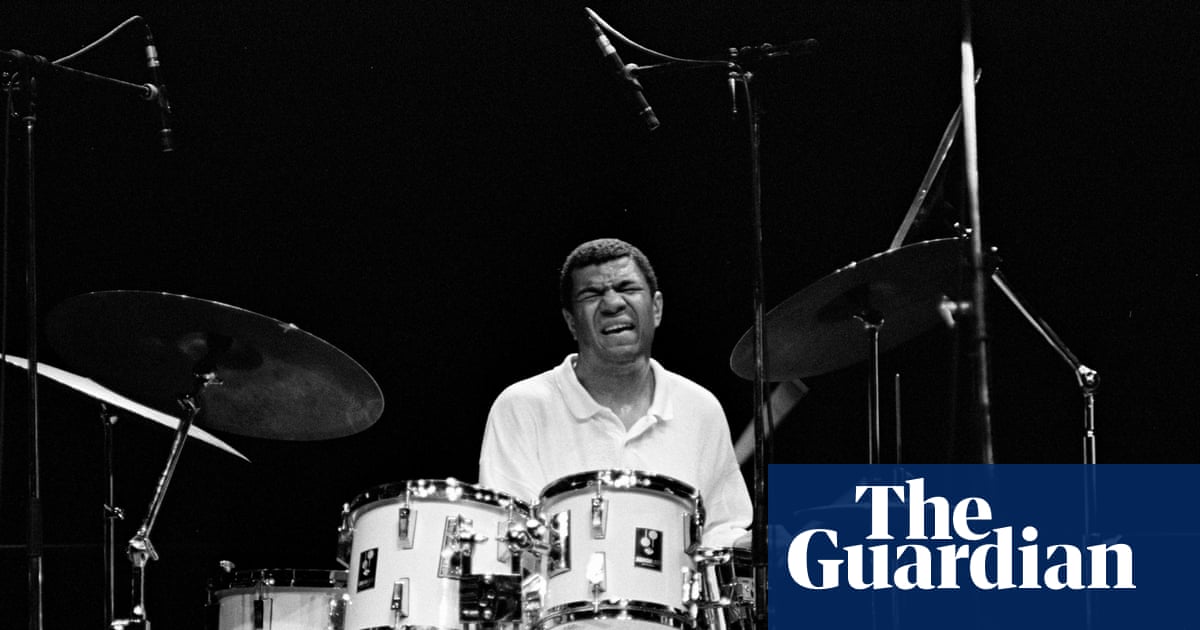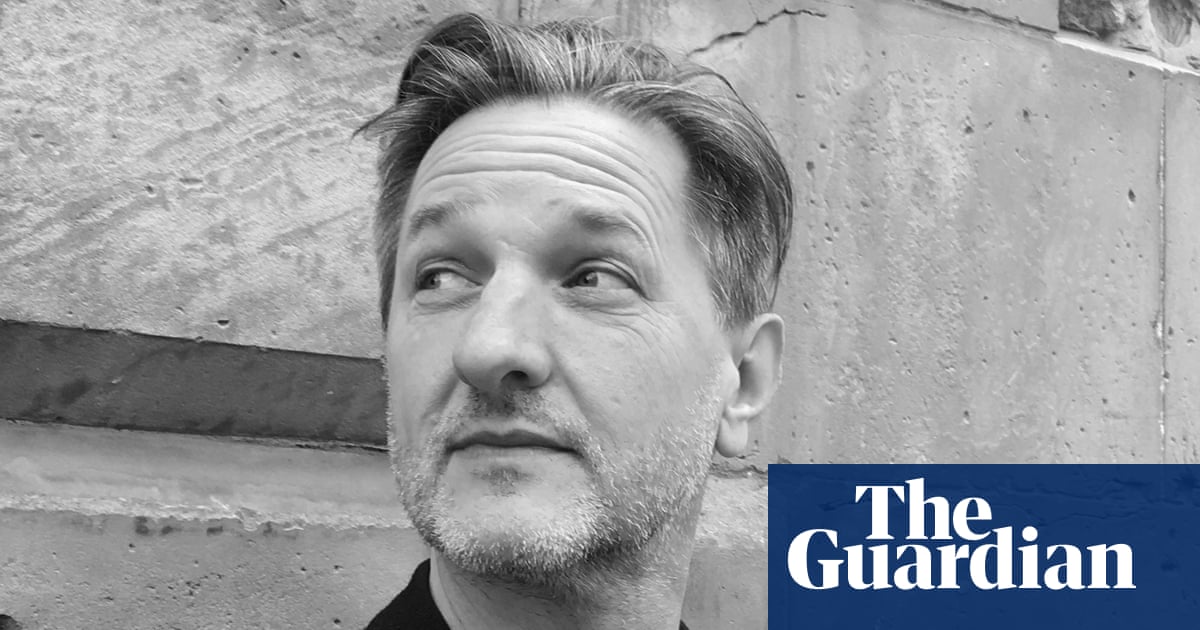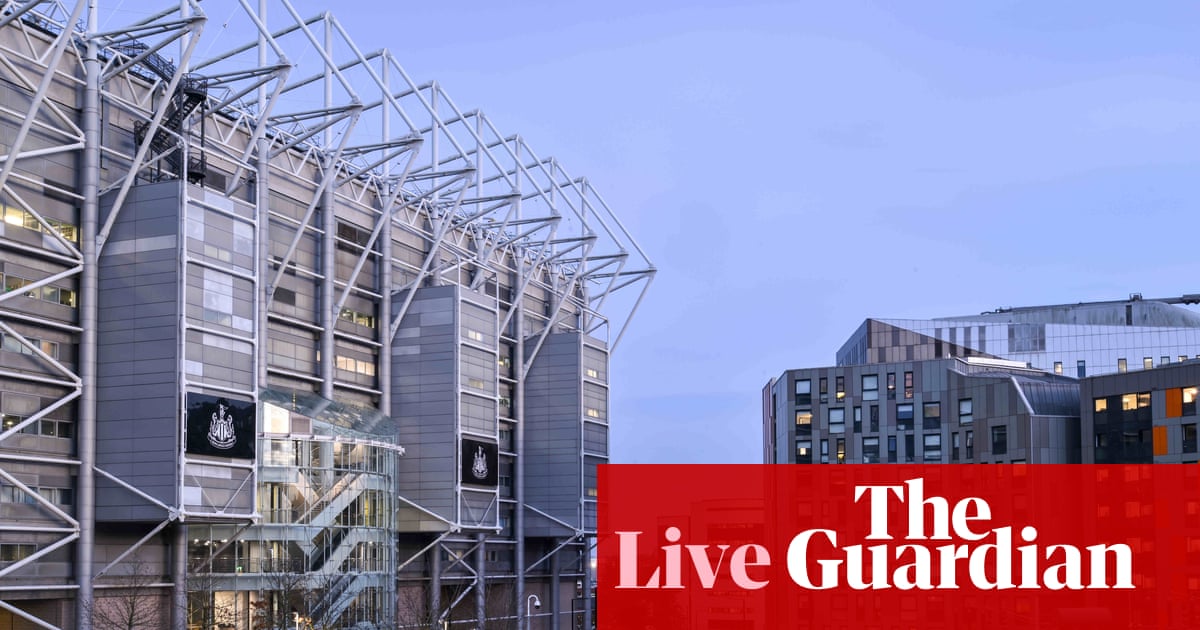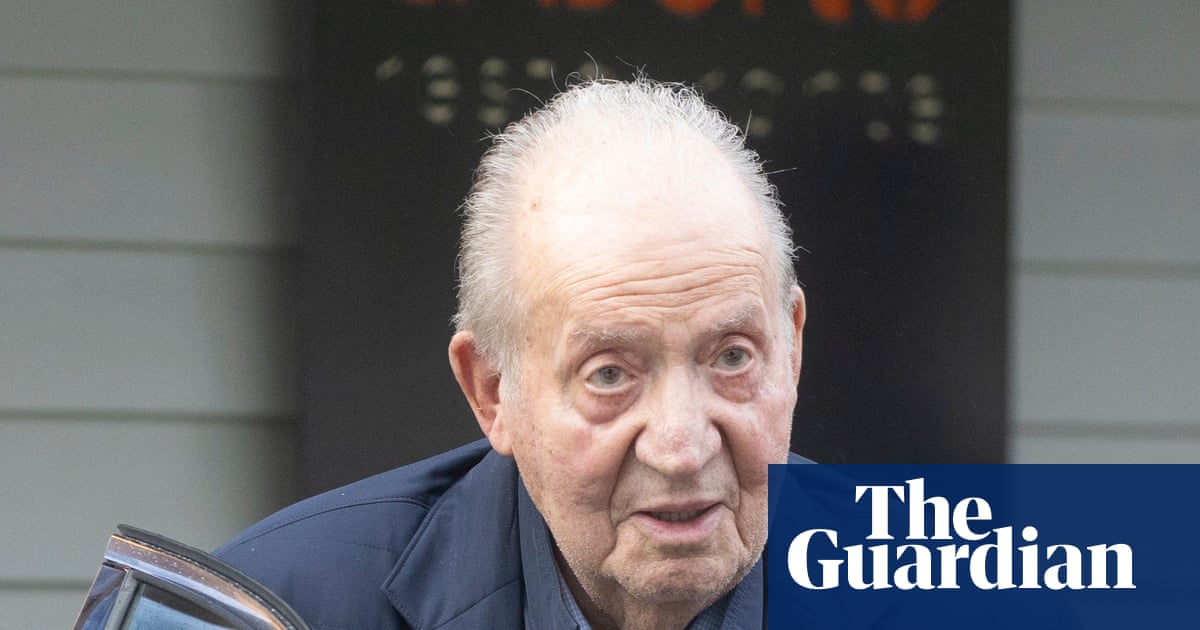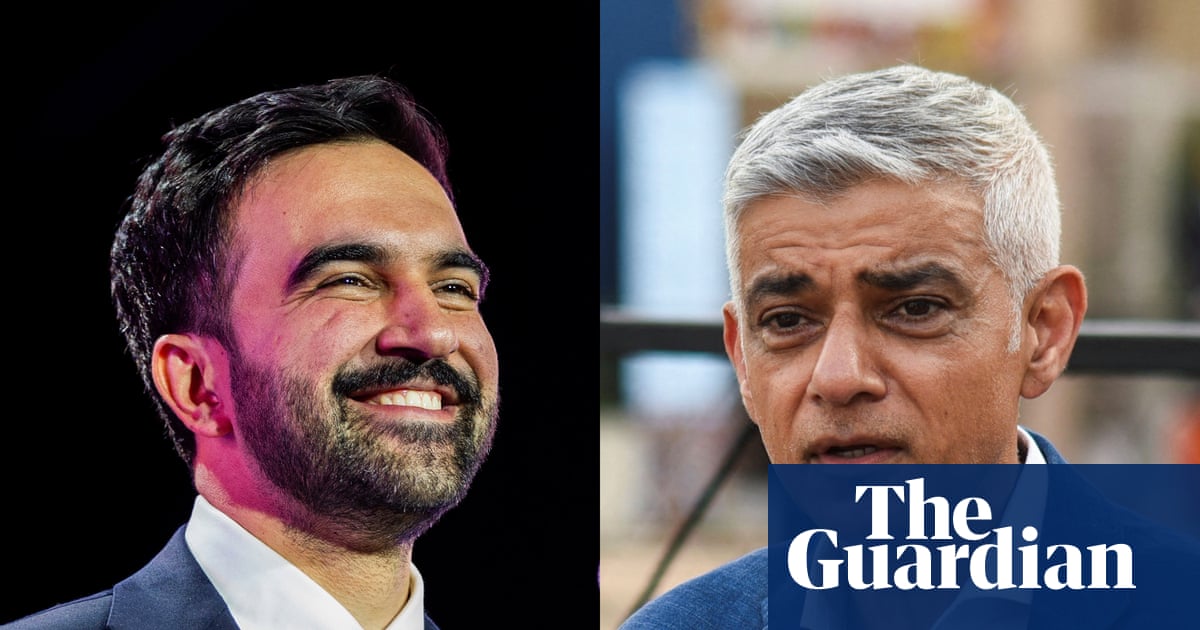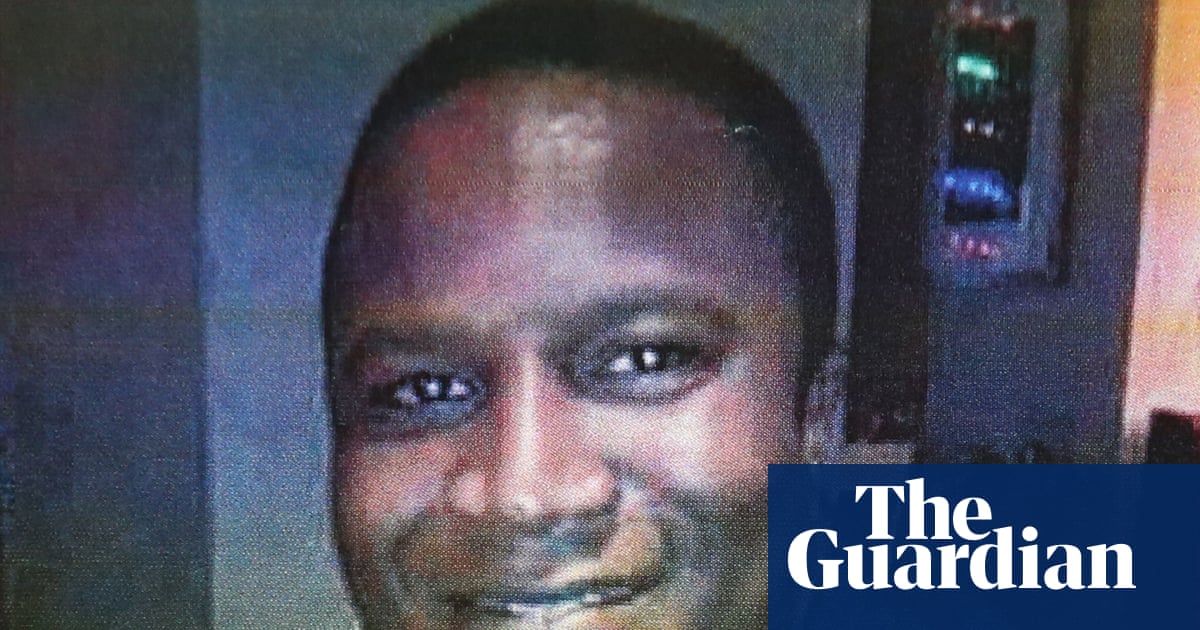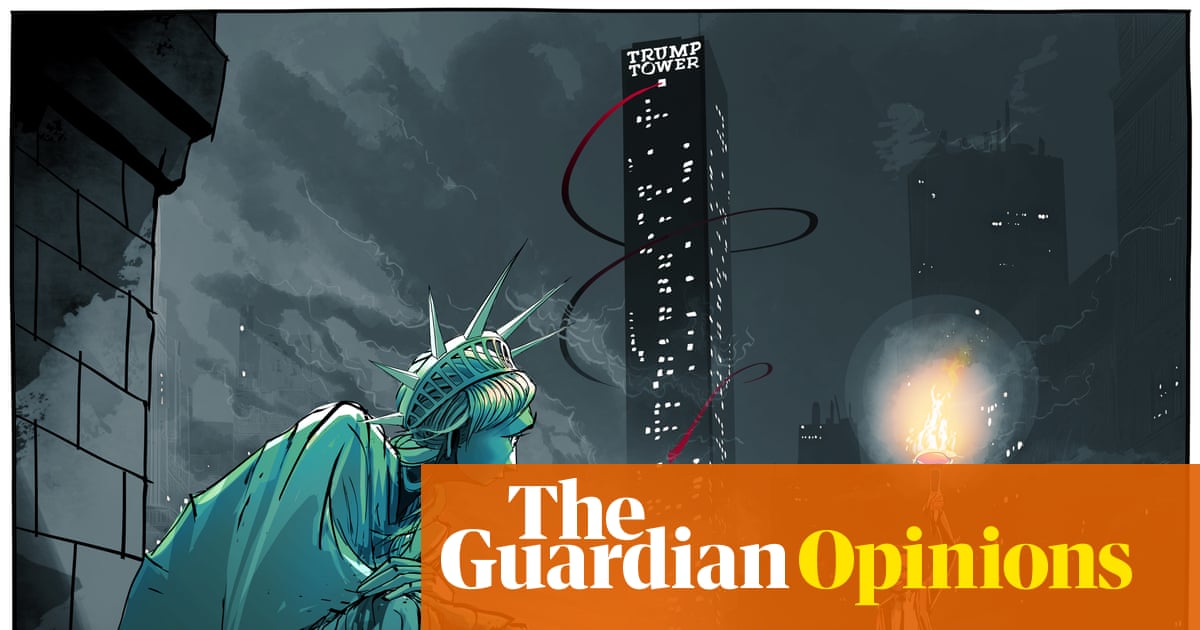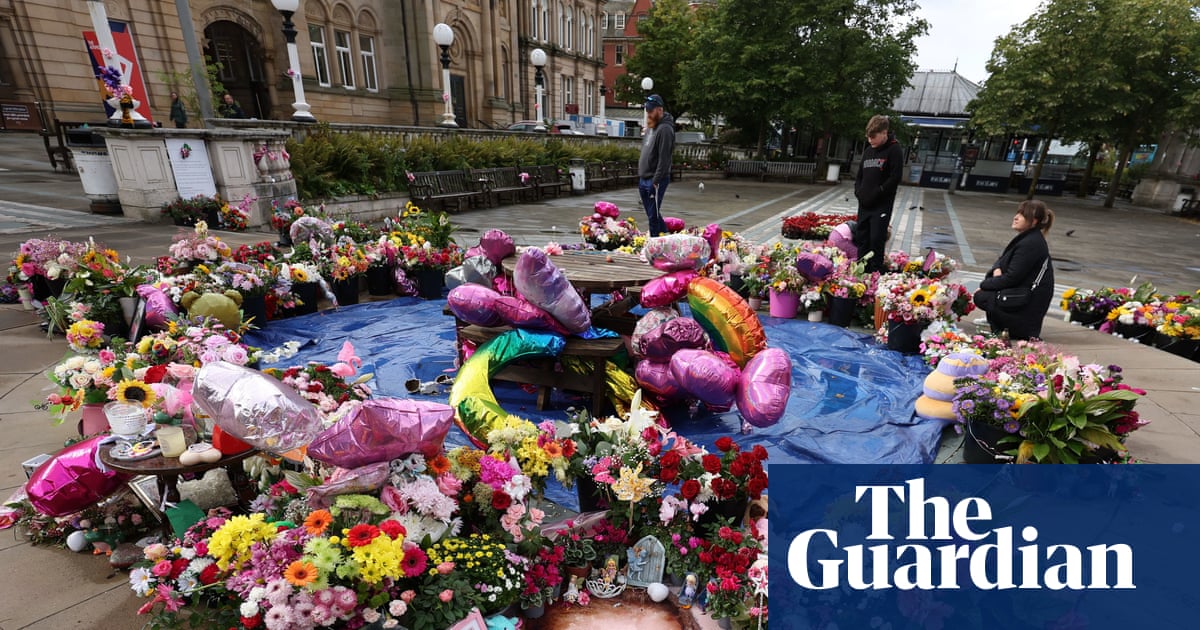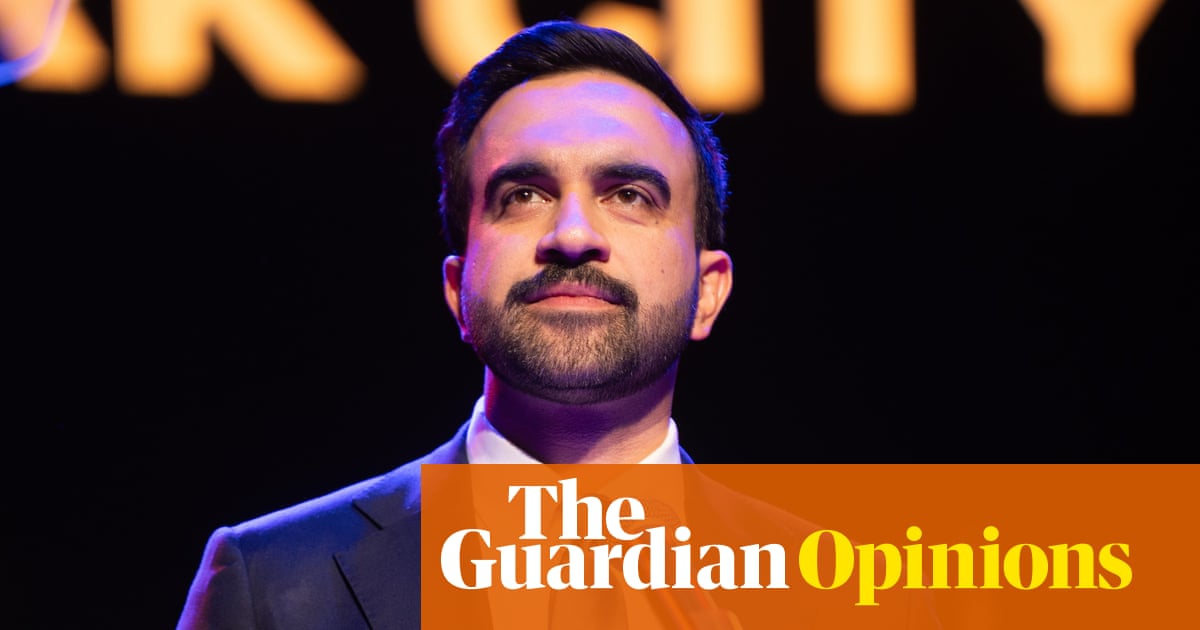So great is the despair, so intense the desperation, that the hopes of the Palestinians of Gaza now rest on a man who covets their land and wants to see them gone. The man in question is Donald Trump – and this weekend, there is a rare chance to push him to do the right thing.
There should be no mystery as to what that right thing is. Ideally, it would mean the US president using his leverage to force the Israeli prime minister, Benjamin Netanyahu, into ending the nearly 22-month war in Gaza. But if that’s too much to ask, there is an even more pressing demand that Trump should be making right now: that Israel lift all restrictions, remove all bureaucratic impediments, and flood Gaza with the food and medicine the people there so urgently need – and that it happen immediately.
This is a case that should not even need to be made. It is so starkly obvious, most plainly in the images that this week shocked the world. The woman holding a skeletal child on the front page of the Guardian, the emaciated baby on the front of the Daily Express, haunt anyone who glimpses them. Once seen, they cannot be unseen.
Similarly, you cannot unhear the voice of the Gazan mother whose greatest pain is not her own hunger, but her inability to feed her daughter. You cannot unlearn that doctors in Gaza’s few remaining emergency rooms are themselves fainting from lack of food. Or that the BBC, AP, AFP and Reuters news agencies have joined together to warn that the reporters on the ground on whom they rely – because Israel continues to deny journalists free access to Gaza – are unable to work because they are starving. Or that aid workers themselves, like the people they want to help, are now “wasting away”, in the words of a joint statement from more than 100 international aid organisations and human rights groups, including Médecins Sans Frontières, Save the Children and Oxfam.
Israel insists that plenty of aid gets into Gaza; it posts videos showing hundreds of containers inside the strip, which it says are just waiting to be picked up and distributed by the UN and other agencies. It’s this “collection bottleneck” that is the problem, it says. The UN counters that it cannot get from Israel first, the authorisation it needs to transport aid through areas declared by Israel to be military zones, and second, a commitment that Palestinians who approach aid convoys won’t come under fire.
You can see why the latter is essential, given that more than a thousand Palestinians, guilty of nothing more than being hungry and desperate, have been, according to the UN, gunned down at or close to food distribution points run by the Gaza Humanitarian Fund, the joint US-Israeli body that puts the work previously done by the UN and others into the trigger-happy hands of US private contractors and the IDF. Handing out food at just four – as opposed to hundreds – of sites, which are sometimes open for as little as 11 minutes, the GHF operation was this week branded “a sadistic death trap” by one UN official.
It’s no use Israel complaining of bottlenecks and the like. This is a country with the technical knowhow and ingenuity to hit nuclear and other targets in distant Iran and to eliminate Hezbollah fighters by means of their own pagers. If they wanted to ensure the starving of Gaza received food, water and medicine, if they had the will, they could make it happen right now. (Note Friday’s decision, doubtless in response to the current international outcry, to allow airdrops of aid from Jordan and the United Arab Emirates.) It is a political choice Netanyahu is making, an unconscionable one, using the flow of aid as a bargaining chip in his ongoing and so far fruitless ceasefire negotiations with Hamas, just as it is a political choice by Hamas to refuse to make the concessions that might ease the horror being visited on their own people.
If Netanyahu and Hamas lack the will to end this nightmare, that leaves the one man who can surely force an end to it: Trump. The US arms and sustains Israel. It is largely US-supplied weapons that, according to the Haaretz newspaper, allow Israel to rain “more than 1,000 bombs and missiles down on Gaza every week”, even now, when so much of the territory has been reduced to rubble. If Trump insists this war must end, it will surely end. If he insists that the children of Gaza must eat, they will eat. That is the power of his office, and of his particular hold on Netanyahu: unlike Joe Biden, this US president has no Donald Trump over his shoulder. There is no one else for Netanyahu to turn to.
Would Trump issue that directive, telling the Israeli prime minister that enough is finally enough? We’re told that he cannot bear to see images of suffering on TV, that his aversion to US military entanglements partly stems from that revulsion. It’s also clear that his ego longs for the one trophy that has eluded him, and which, to his undying fury, was handed to his first predecessor. He wants to be like Barack Obama and win a Nobel peace prize.
And yet, this is also the man whose plan for Gaza is to empty it of its people – “temporarily or could be long term” – and turn it into the “Riviera of the Middle East”, boasting plenty of what his son-in-law memorably referred to as “waterfront property.” If that remains his goal, he will be in no hurry to rescue those he wants out of the way.
What’s more, in his several days of White House meetings with Netanyahu this month, Trump placed no visible pressure on the PM to do a deal with Hamas, apparently preferring to engage in mutual backslapping over their joint military action against Iran a fortnight or so earlier. Gone was the Trump who enforced an end to that episode by instructing Netanyahu to stop bombing Iran and to turn Israeli aircraft around and return them to base, which the Israeli leader duly did.
In the coming days, there is a chance to urge the dove within Trump to prevail over the hawk, and that chance falls to none other than Keir Starmer. The US president is visiting his golf courses in Scotland, but he will see the British prime minister. Starmer could be tempted to use that meeting to plead for mercy on tariffs, given that Trump has spoken ominously of wanting to “refine” the US-UK trade deal. He might want to talk about Ukraine or Nato. All of that is important. But Starmer should use his moment, and whatever trust and goodwill he has built up with Trump, to press him on Gaza.
He might mention the Nobel; he might use flattery, telling Trump he is the only man in the world powerful enough to make a difference, which happens to be true. However he does it, Starmer should make that move. This is a crisis that can wait no longer.
-
Jonathan Freedland is a Guardian columnist

 3 months ago
146
3 months ago
146
